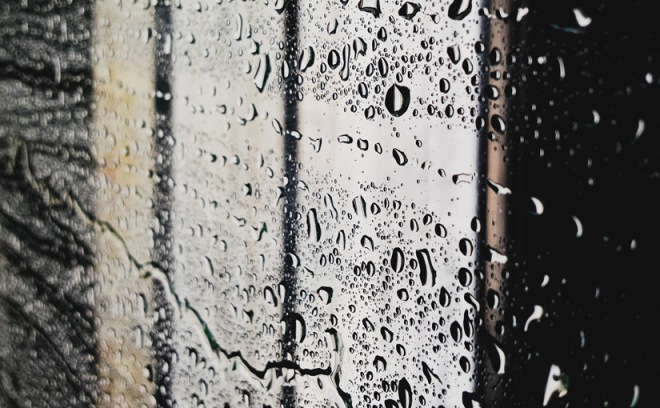
“Shoulds” are irrelevant when it comes to making art. The whispered judgments heard while making making art can derail future practice if too much attention is paid to them. Thoughts like “I should draw it like that other person”, “I should be better at this”, or “I should make it look more realistic,” can pop up while you’re creating. But Scott Mautz recommends to “Strike the word should from your vocabulary.” The list of “shoulds” is not helpful so we should ignore it as best we can.
Shaun McNiff in Imagination in Action encourages us to “Clear away expectations, “shoulds” of any kind, and everything but what you are doing. This is like the emptying of the mind’s thoughts and preoccupations as encouraged in contemplative practice. The clearing out of thoughts sharpens awareness in helping us see and feel what is happening indirectly, accidentally, as we provide more room for an open field of exchange where things can connect to each other in new ways.”
Letting go of the “shoulds” creates an openness for creativity to grown and for unexpected results as judging your art before you’ve had a chance to experiment limits creative possibilities. Elle Luna in The Crossroads of Should and Must argues “there is no map, no case study, and no right answer, and the only person who can decide what to do next is you.” And encourages us to “say yes to a journey without a road map or guarantees.”
Andi Cumbo-Floyd in Writing Day In and Day Out suggests “The “should” of life are always linked to guilt.” And Amber Khan advises “Don’t ‘should’ on yourself, instead, replace it with ‘could’ and add an alternative option.” The idea of using “I could” means you can create a new list of things to try which creates a much more gentle space for yourself to create in.
There’s no map, no rules, no “shoulds” – only choices.
“Should is a futile word. It’s about what didn’t happen. It belongs in a parallel universe. It belongs in another dimension of space.” — Margaret Atwood, The Blind Assassin